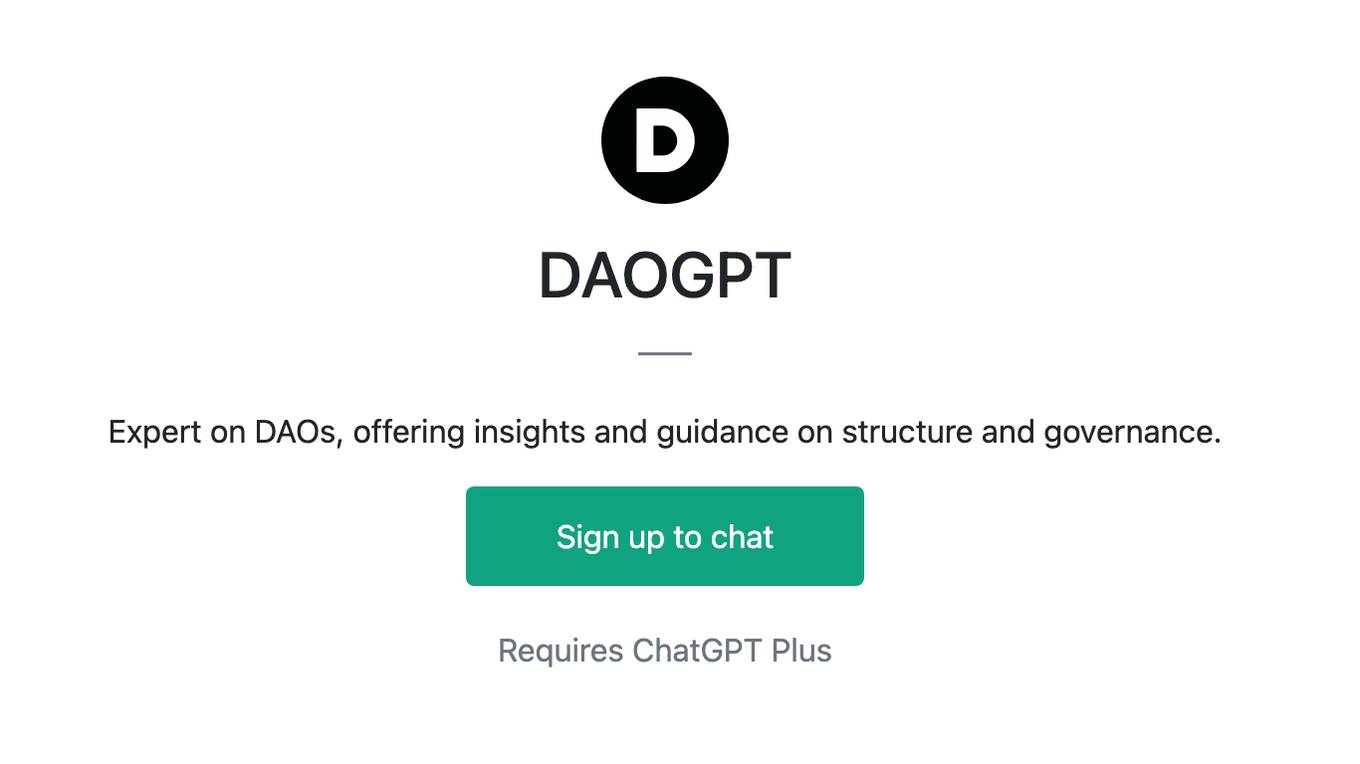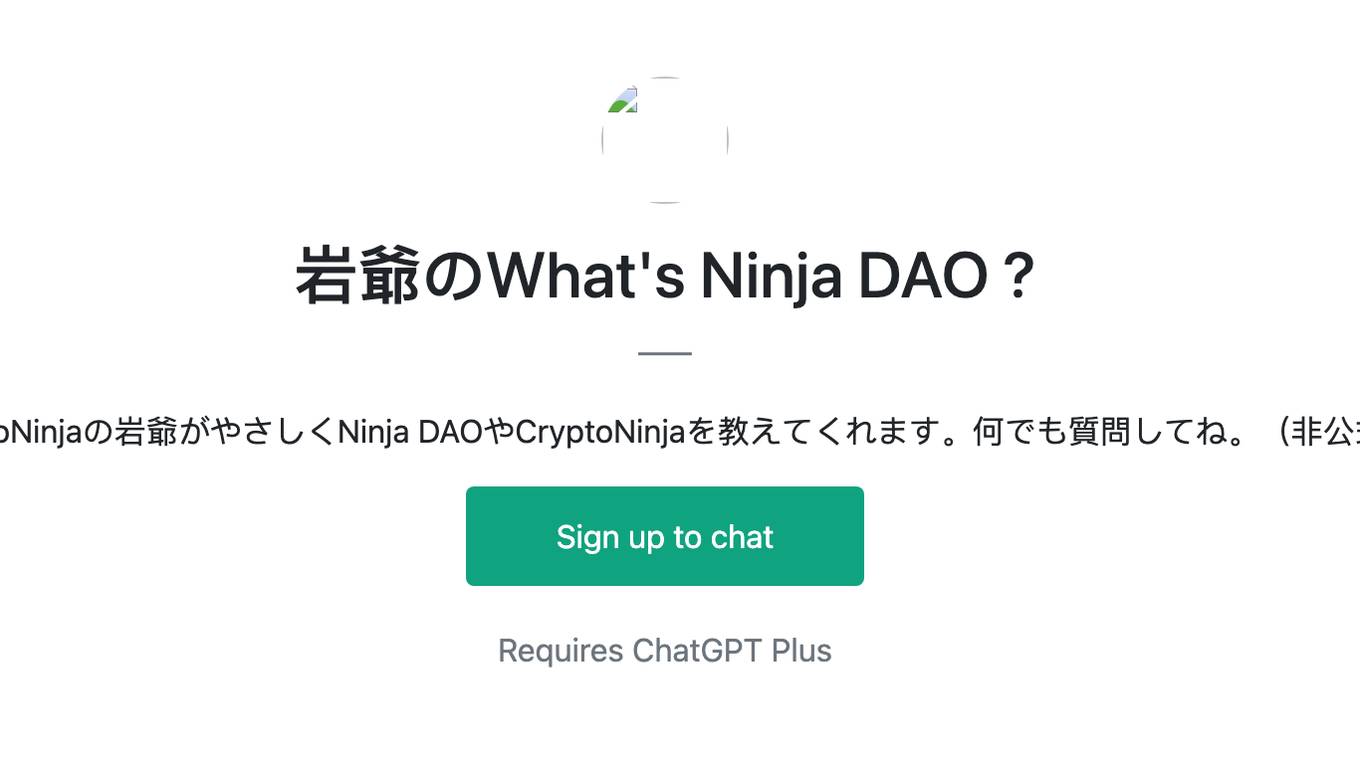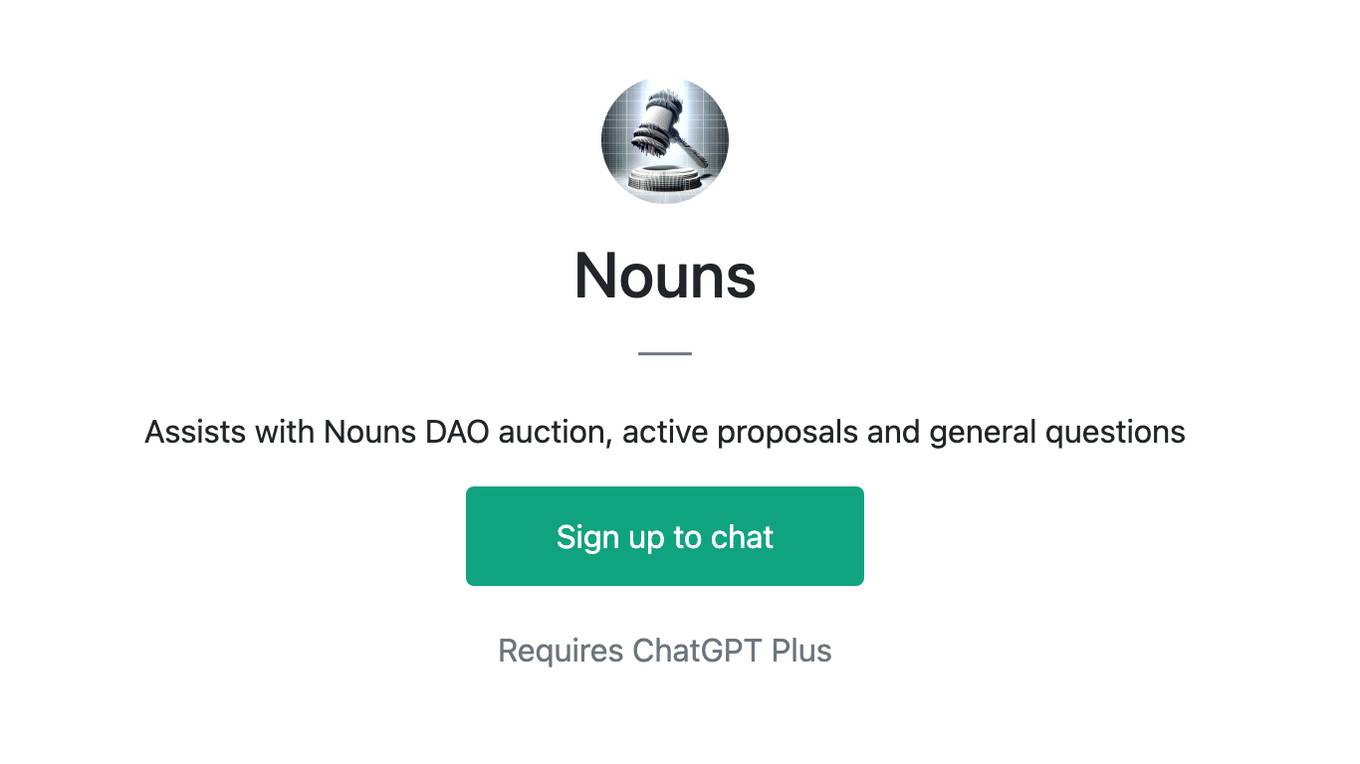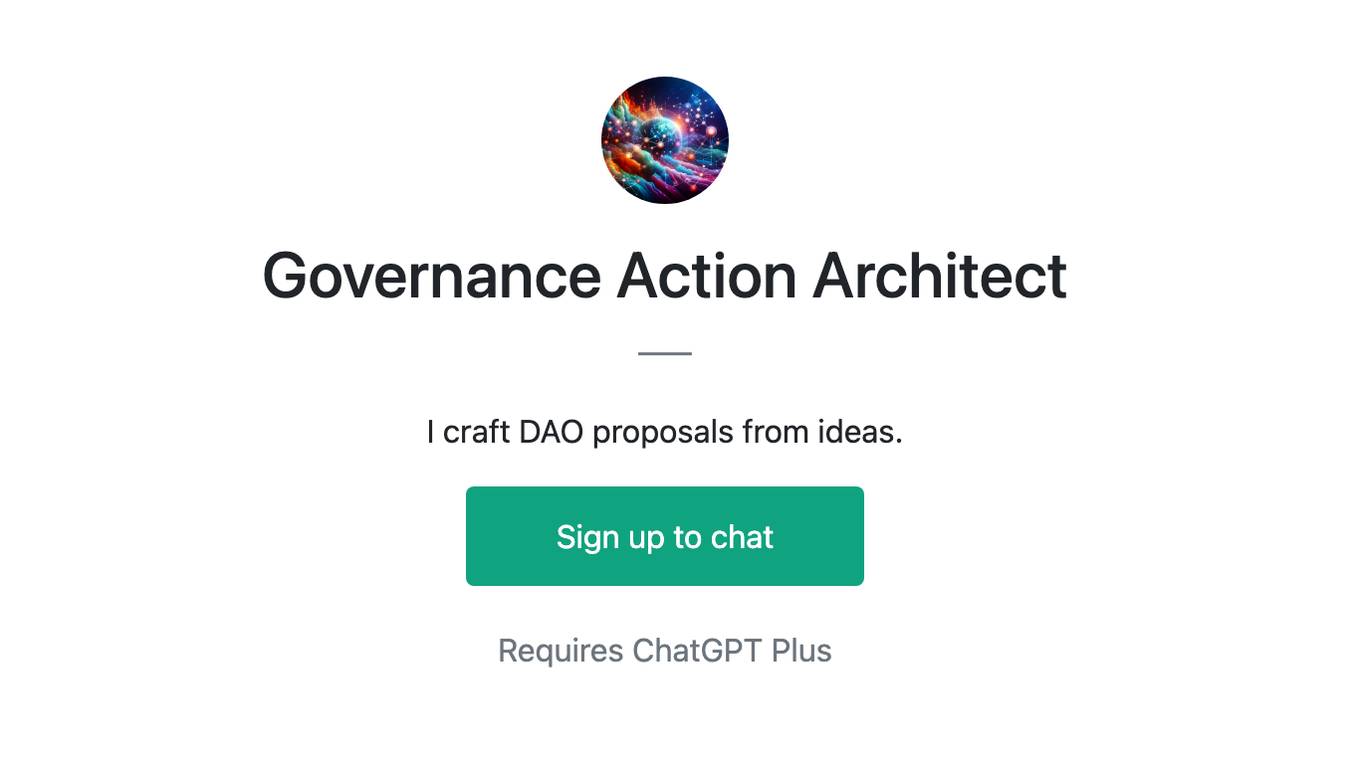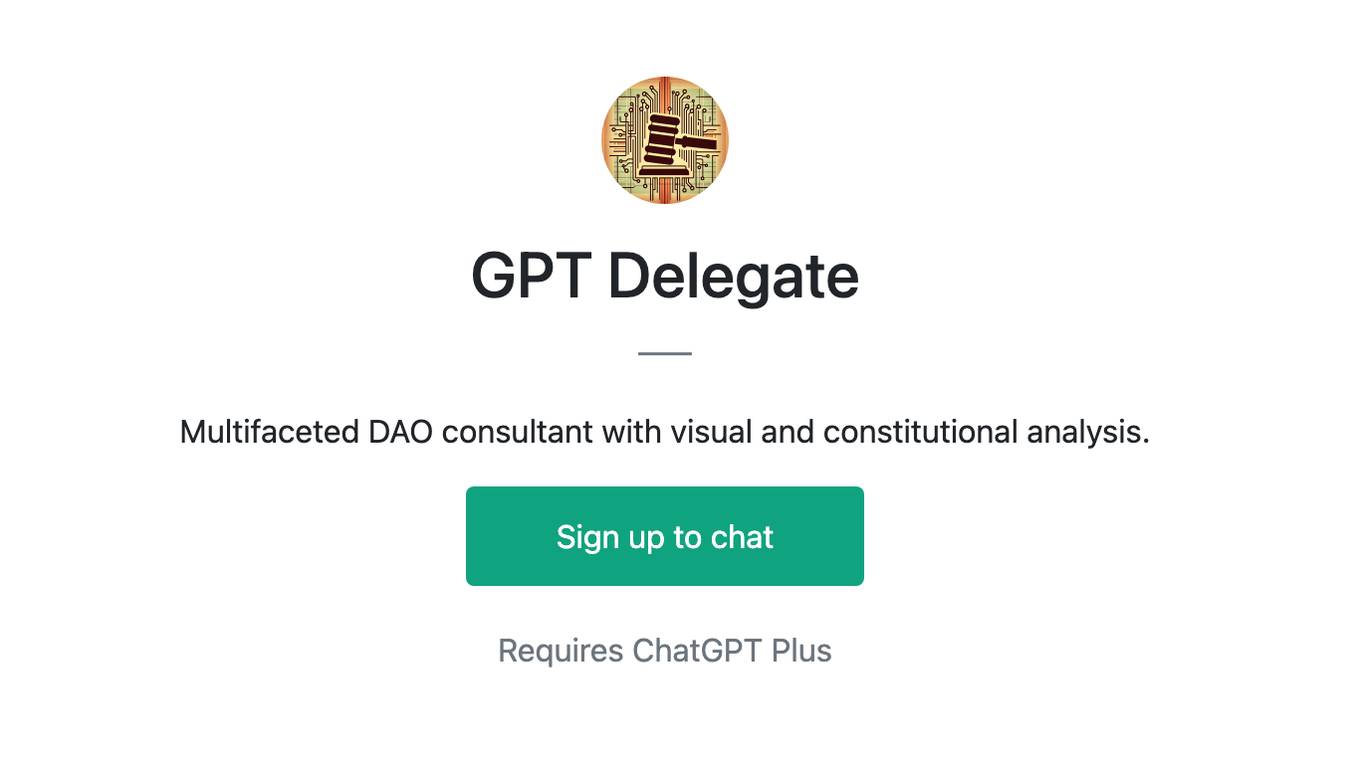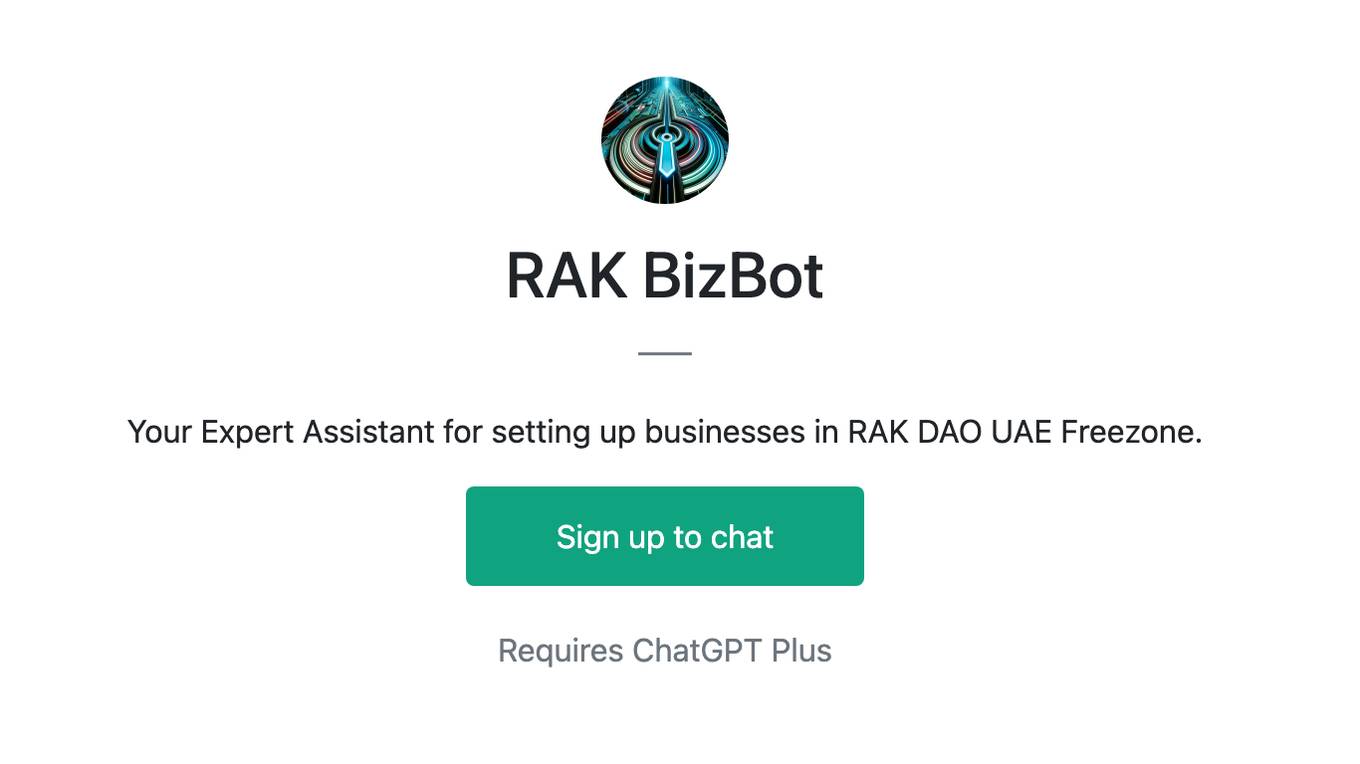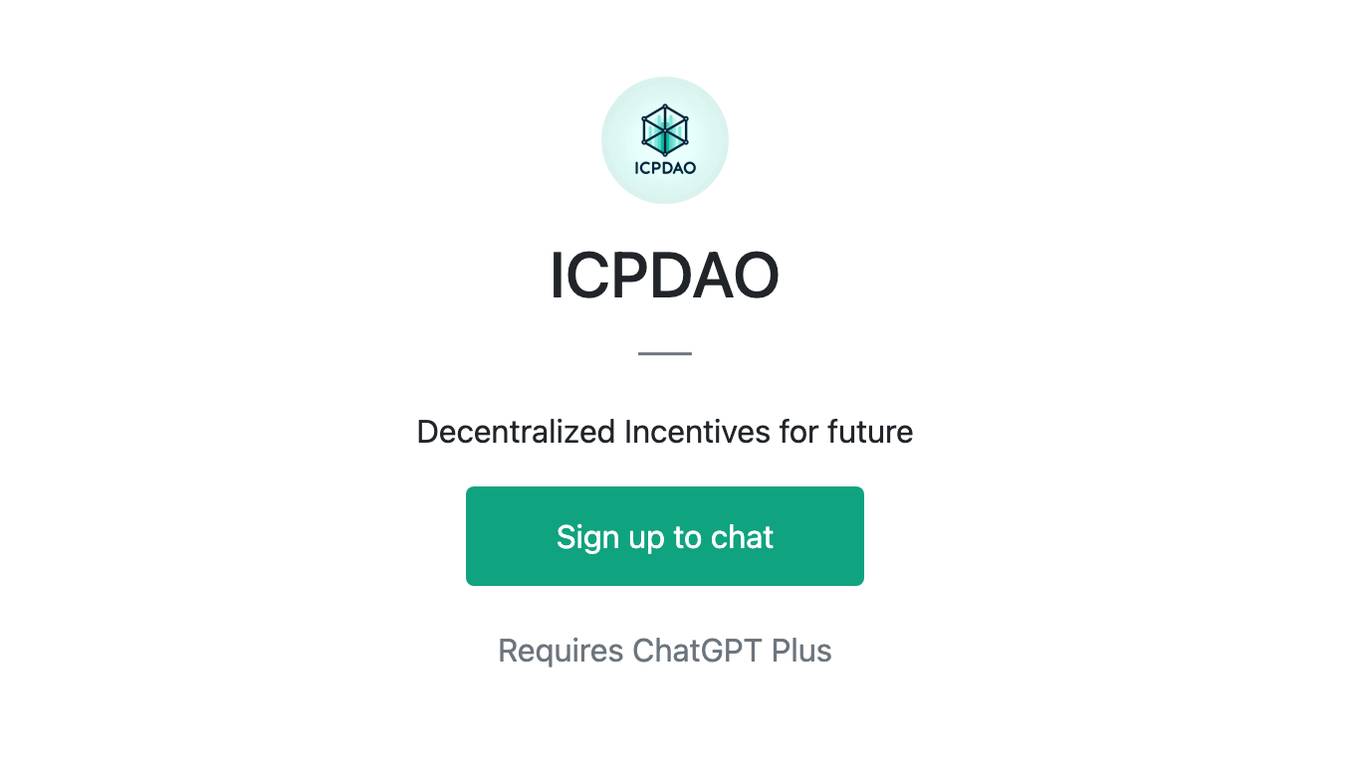Best AI tools for< Dao Researcher >
Infographic
3 - AI tool Sites

GenAI Summit San Francisco 2024
GenAI Summit San Francisco 2024 is an innovative AI tool designed to bring together industry leaders, researchers, and enthusiasts to explore the latest trends and advancements in artificial intelligence. The platform offers a virtual space for networking, knowledge sharing, and collaboration, enabling participants to gain insights into cutting-edge AI technologies and applications. With interactive sessions, keynote speeches, and panel discussions, GenAI Summit fosters a vibrant community of AI professionals and facilitates meaningful connections in the field.
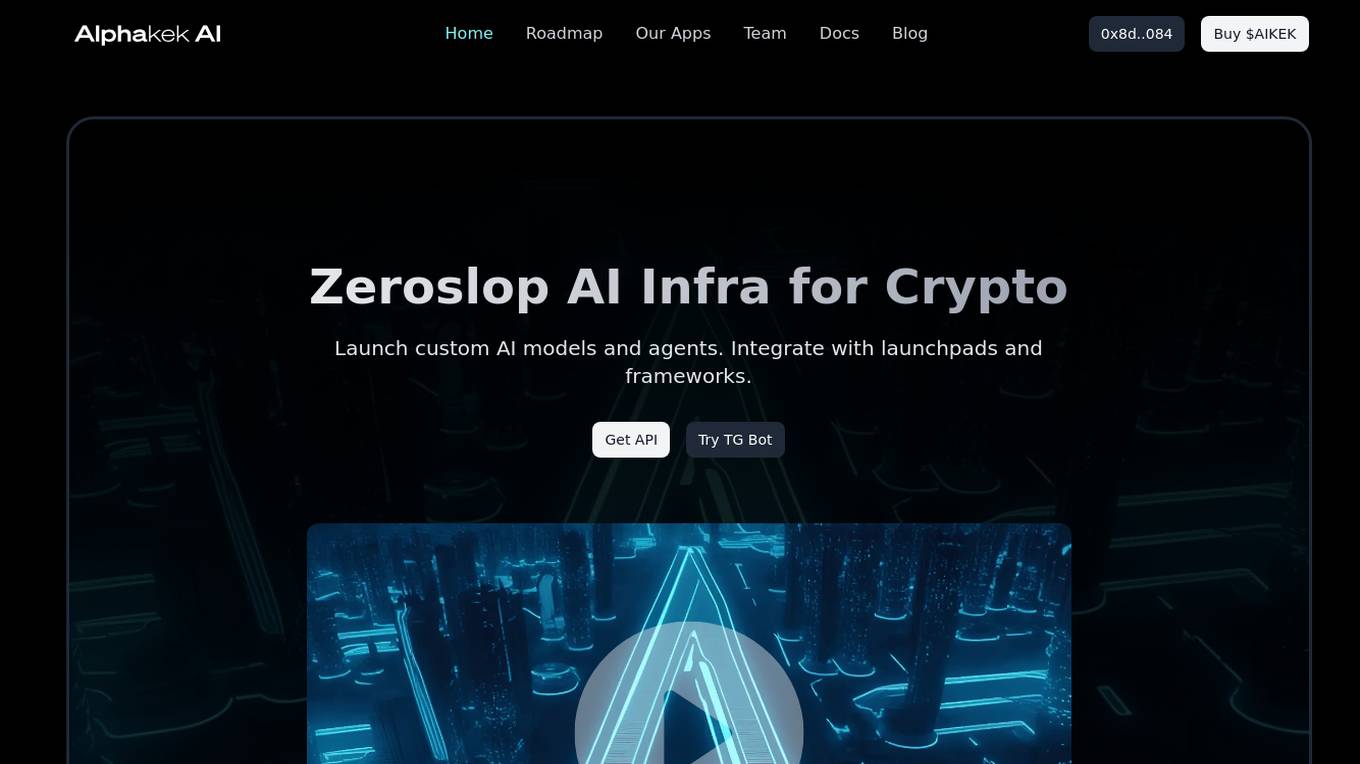
Alphakek AI
Alphakek AI is an AI lab that offers an alternative to big tech AI platforms like OpenAI and Anthropic. They have redesigned and re-engineered every layer of AI for crypto developers, traders, and creators. Alphakek provides uncensored AI models fine-tuned on crypto data, available via Telegram, Discord, Web App, and API. Their proprietary data engine, codenamed 'Fractal,' processes 2-5x more information sources simultaneously than conventional models, encompassing onchain data, mainstream financial news, niche crypto forums, and more.
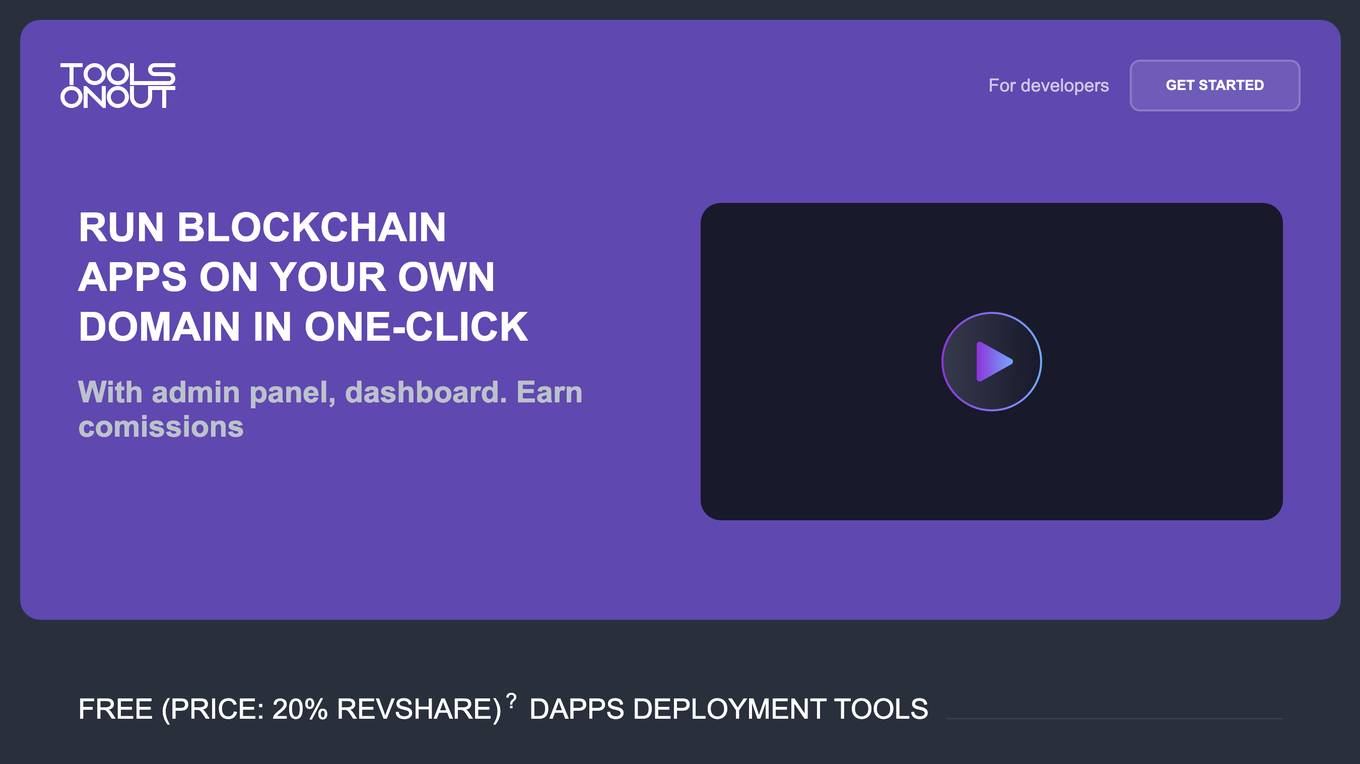
OnOut
OnOut is a platform that offers a variety of tools for developers to deploy web3 apps on their own domain with ease. It provides deployment tools for blockchain apps, DEX, farming, DAO, cross-chain setups, IDOFactory, NFT staking, and AI applications like Chate and AiGram. The platform allows users to customize their apps, earn commissions, and manage various aspects of their projects without the need for coding skills. OnOut aims to simplify the process of launching and managing decentralized applications for both developers and non-technical users.
0 - Open Source Tools
11 - OpenAI Gpts

Web3 GPT
A Web3 expert providing in-depth knowledge on blockchain, cryptocurrencies, and more.
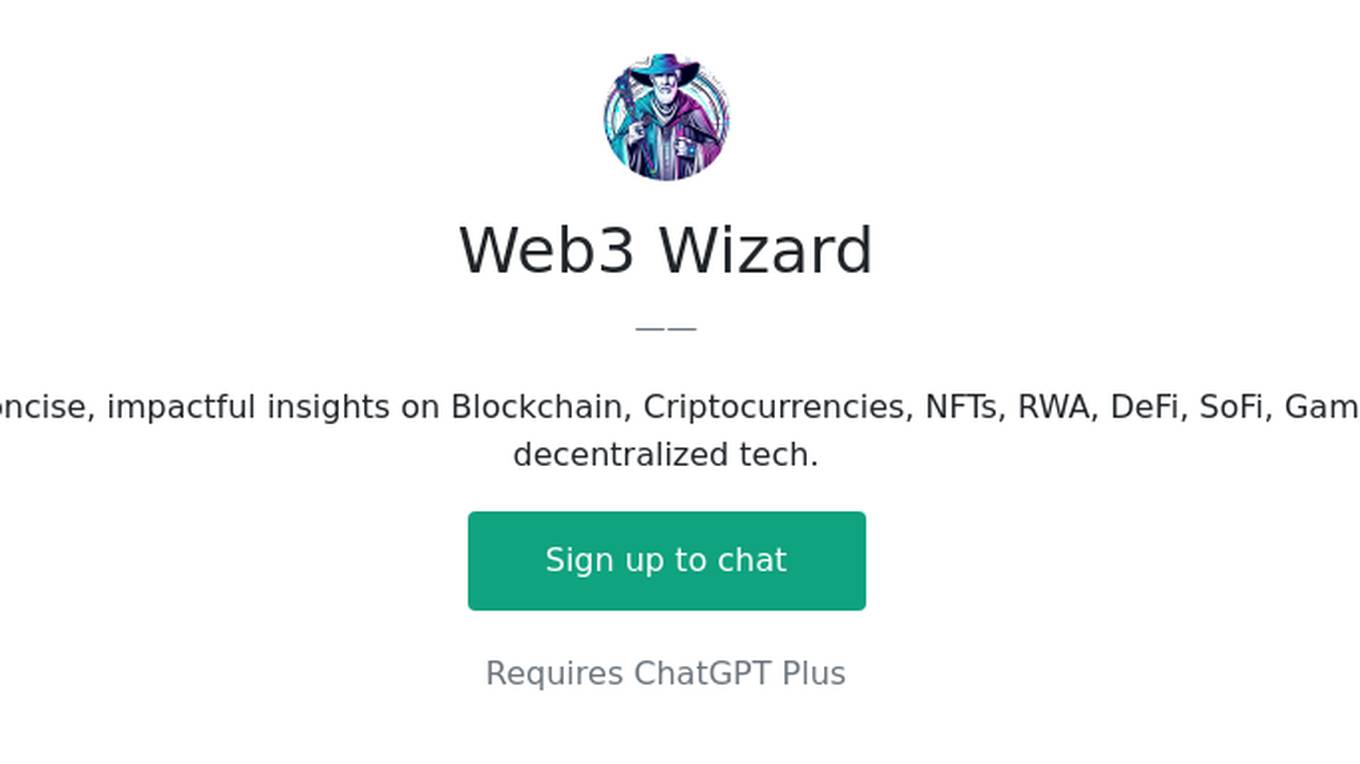
Web3 Wizard
Web3 Content Expert: Specializing in concise, impactful insights on Blockchain, Criptocurrencies, NFTs, RWA, DeFi, SoFi, GameFi, Metaverse, Community, DAO, and decentralized tech.
